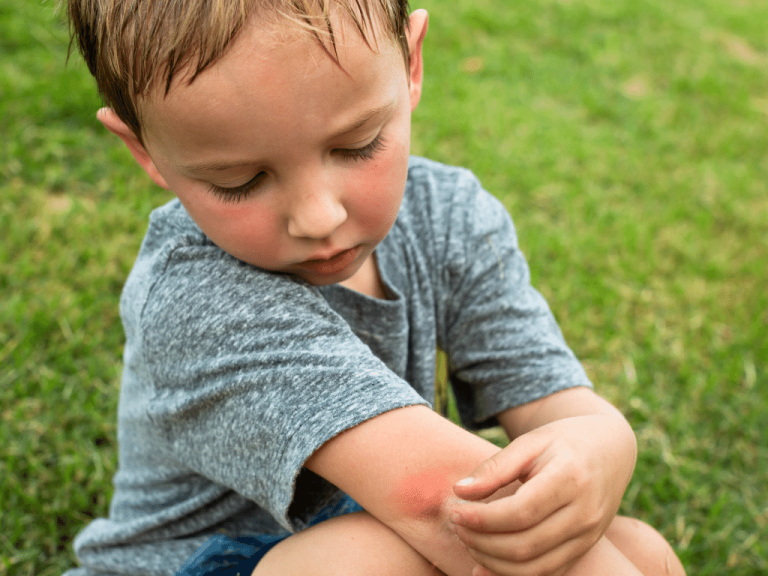You may have heard the folk story “The Han Dynasty’s World, Made Possible by Ants.” The legend goes like this: During the Chu-Han Contention, the warlord Xiang Yu of Chu was cornered by Liu Bang, the founding emperor of the Han dynasty, and had to retreat to Wu River, preparing to cross it eastward. However, when Xiang Yu arrived at Wu River, he found the words “The Overlord Commits Suicide at Wu River” written in large characters on the road by the river. Upon closer inspection, he realized that these six characters were formed by many ants. Xiang Yu was shocked and thought to himself, “Could it be that my fate as the Overlord of Chu ends like this? Heaven does not tolerate me, even these tiny ants are humiliating me!” Overwhelmed with anger and resentment, he drew his sword and committed suicide by the river.
How did the ants form these six characters? It turns out that before Xiang Yu’s retreat to Wu River, Zhang Liang, a strategist under Liu Bang (who later became a prime minister of the Han dynasty), had already sent soldiers to Wu River to write these six characters using sugar syrup. The ants, attracted by the scent of the sugar, gathered from all directions to consume the syrup, leading the brave but unwise Xiang Yu to fall for the trick and take his own life in shame.
Ants gather around sugar syrup due to its smell, just as many flies are always found around foul and dirty garbage heaps or fish. There is no “mystery” to this; it is because some volatile substances attract them, similar to how humans enjoy the fragrance of orchids. This is a type of chemotaxis in insects. As for why mosquitoes are particularly numerous around humans before a thunderstorm, this is also a matter of insect chemotaxis. Scientists have proven that in hot weather or when the air is humid, human skin secretes many waste compounds containing amino acids, lactic acid, and amines. These waste compounds do not evaporate quickly due to the stuffiness, and they attract mosquitoes, causing them to follow and bite people. This explains why mosquitoes are especially numerous around humans in stuffy weather before a thunderstorm.
However, some volatile substances have a repellent effect on insects. Ancient Chinese people knew that burning mosquito-repellent incense or lighting herbs such as wormwood could repel mosquitoes. Therefore, understanding certain specific chemotaxis of insects can be used to repel harmful insects or to add attractants to insecticides to make pest control more effective.

